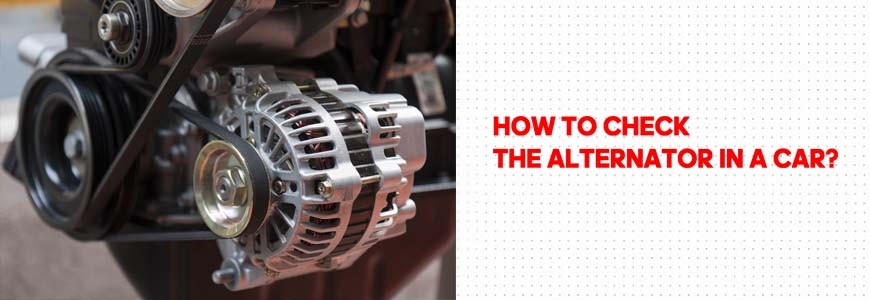
Car maintenance is a crucial requirement to ensure its smooth and reliable operation. During car maintenance, it's important not only to replace necessary consumables but also to ensure the proper functioning of key components and assemblies. Regular checks of the car's key components help prevent unexpected breakdowns.
Two crucial elements of the car's electrical system are the alternator and the starter. When it comes to checking their technical condition, the most accurate method is their disassembly and testing on a specialized stand. However, two problems arise here. Firstly, not every service station has a specialized stand for testing used or new alternators and starters. Secondly, the disassembly and installation of these components take a lot of time. Therefore, during routine maintenance, they usually undergo only a superficial check.
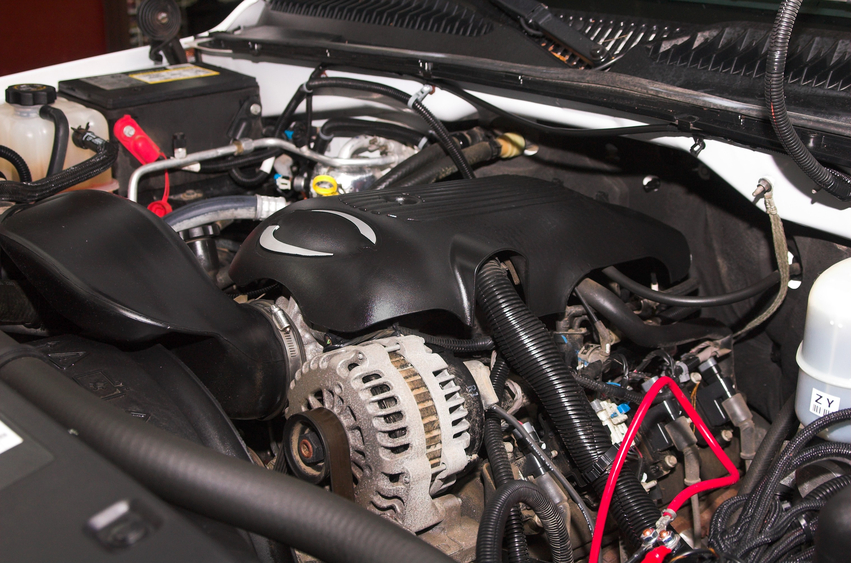
How is the alternator usually checked in cars?
The most common method of checking the car's alternator is diagnostic testing using a multimeter. With a multimeter, you can determine the voltage output of the alternator. If the obtained value is within 13.8-14.6 V, such an alternator is considered to be working properly. This method is sufficient for a simple "old-school" alternator. However, many modern alternators have a digital voltage regulator. Alternators with a controlled voltage regulator may disconnect the battery charging if it is fully charged. When testing such an alternator, an unqualified mechanic may misinterpret its operation as a malfunction. Therefore, the multimeter method is not effective for alternators with a digital voltage regulator.
The second method is testing the alternator using an oscilloscope. An oscilloscope allows you to obtain voltage, frequency, and signal waveform, providing more information about the alternator's operation compared to a multimeter. However, this method also has significant drawbacks:
1. The oscilloscope does not allow detecting faults in the alternator's voltage regulator. Malfunctions in the voltage regulator are the primary cause of alternator failure.
2. Voltage measurement is usually performed on the car battery terminals, which act as a filter for voltage fluctuations, reducing measurement accuracy and reliability.
3. Diagnostic testing of the alternator with an oscilloscope requires a high level of mechanic skill.
4. Typically, an oscilloscope is a stationary device, and working with it at the car diagnostic site is inconvenient.
All these drawbacks contribute to the low popularity of this method for checking the alternator.
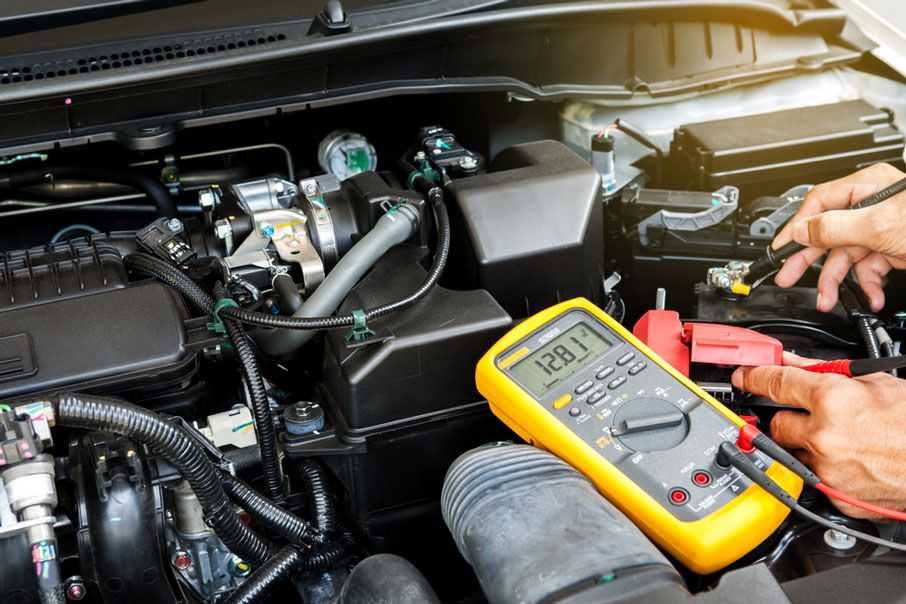
How to solve the problem of diagnosing the car alternator?
The issue of express diagnostics of the alternator during a technical inspection is addressed by using professional car alternator testers, such as MS015, MS013 COM, and MS016. These testers can control the alternator, similar to the car's control system, allowing deviations in the alternator's operation to be identified. However, these testers, like any others, cannot identify all possible faults; this capability is only available with a specialized stand for testing alternators.
The presence of professional car alternator testers will be beneficial not only in service stations during car maintenance and repair but will also be useful for workshops specializing in the repair of starters and alternators. A workshop for repairing starters and alternators must have a stand for their diagnostics. With testers like MS015, MS013 COM, and MS016, you can expand the capabilities of existing equipment in terms of diagnosing modern alternators with a controlled relay regulator.
Which alternator tester to choose?
Testers MS015, MS013 COM, and MS016 perform the same function but have different sets of options. For example, the MS015 tester has the minimum set of options and can only test 12V alternators with a controlled voltage regulator. However, this tester can be purchased at a low price. The MS013 COM tester additionally has the ability to test "old-school" alternators and the voltage regulator separately from the alternator, and it also has a single-channel oscilloscope mode.
The MS016 tester has the most options:
- Diagnostics of 12/24V alternators.
- Diagnostics of 12V alternators in the "start-stop" system.
- Diagnostics of the voltage regulator separately from the alternator.
- Reading data from any LIN bus in the car.
The most distinctive feature of the MS016 tester compared to others is that, together with the special cable MS-33503A, it turns into a car starter tester. In starter tester mode, MS016 can record voltage and current changes at the starter terminals during engine start. The measurement results are displayed as a graph, allowing you to identify deviations in the operation of the starter, battery, or wiring.
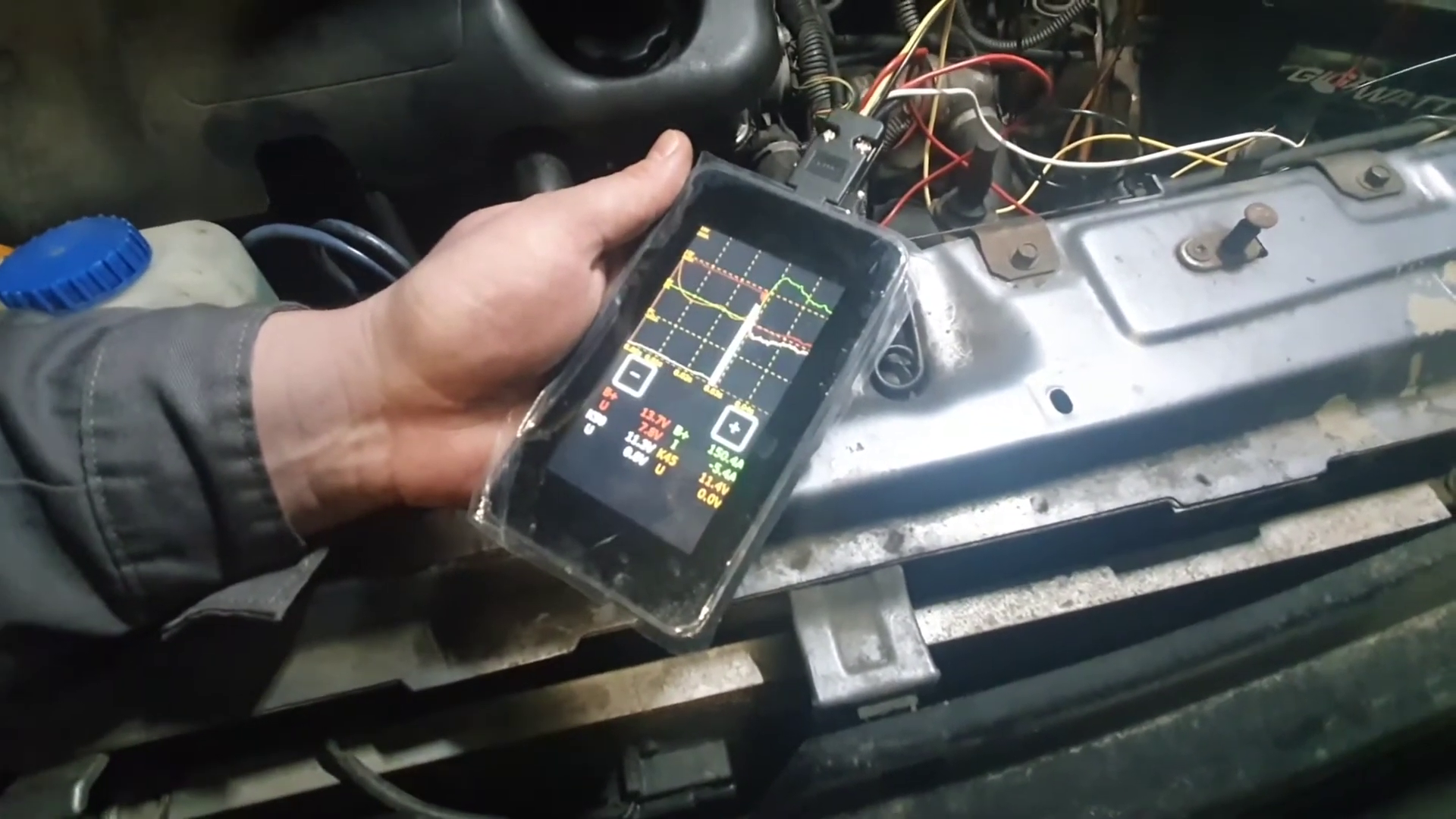
To make it easier to choose a car alternator tester, we have prepared a comparative table of all our testers. To learn more about alternator testers or to purchase one, you can contact our managers by your preferred method: +38 073 529 64 26, +48 833 13 19 70, +48 886 89 30 56 (Viber, WhatsApp, Telegram).
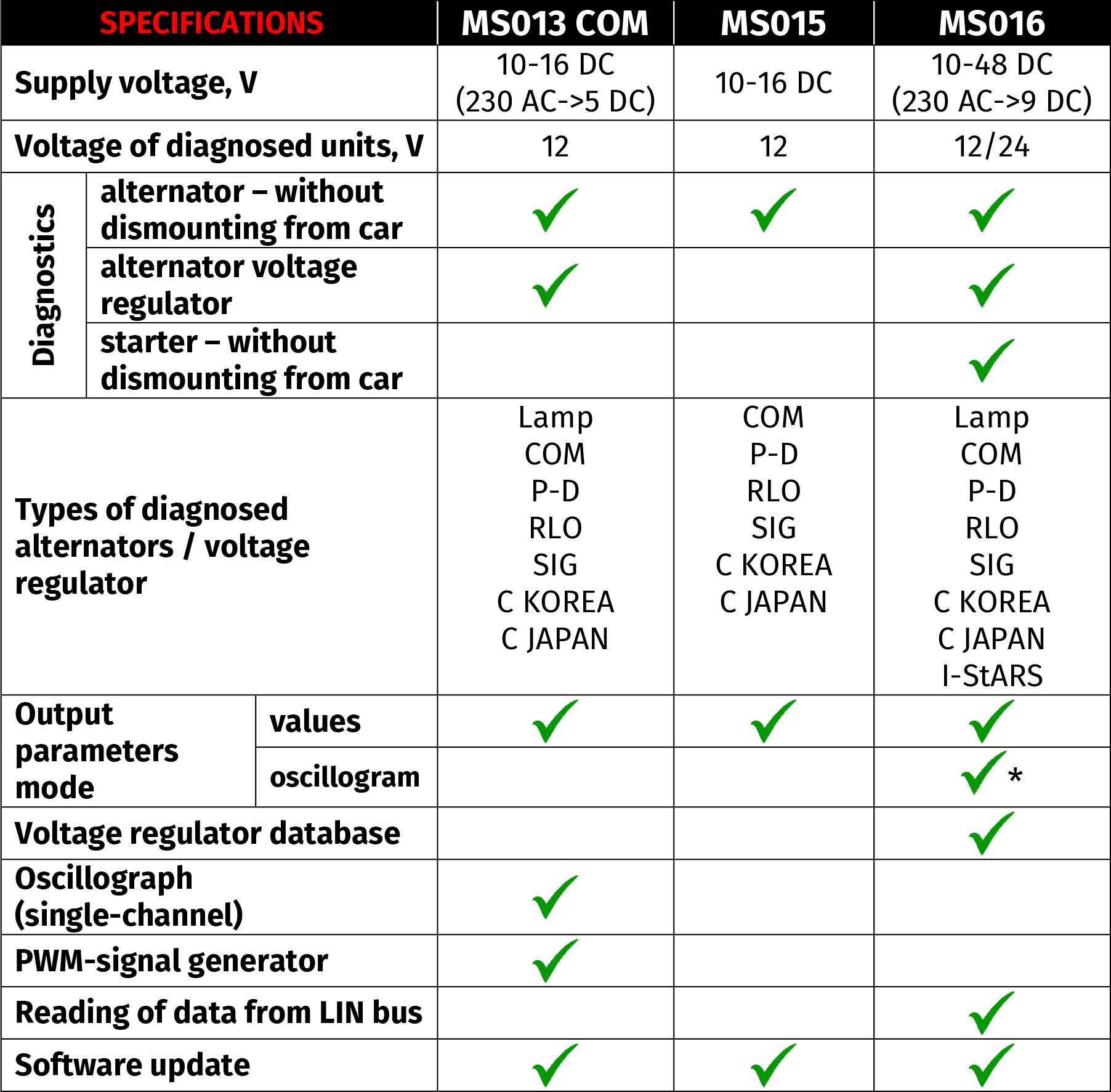



COMMENTS